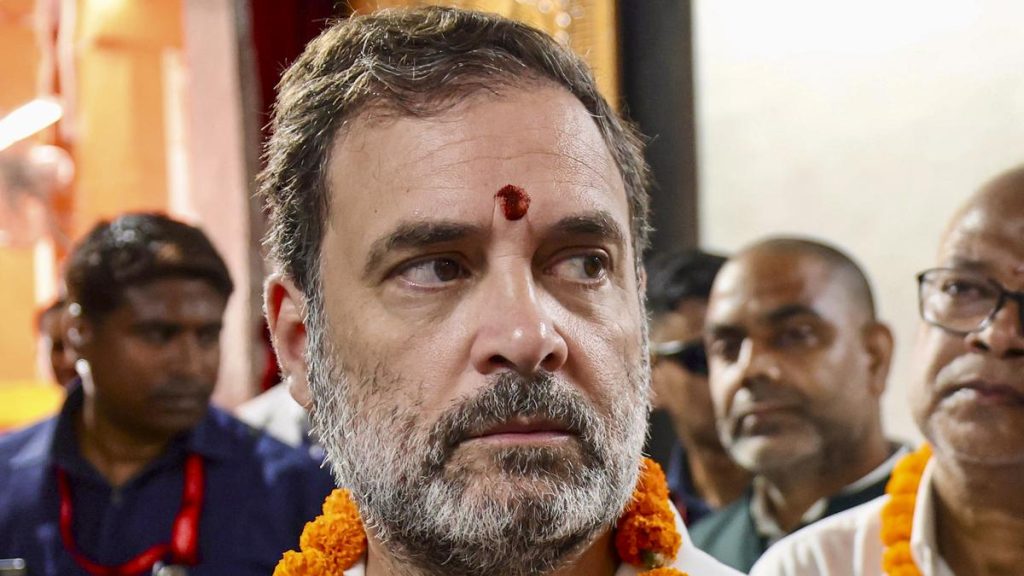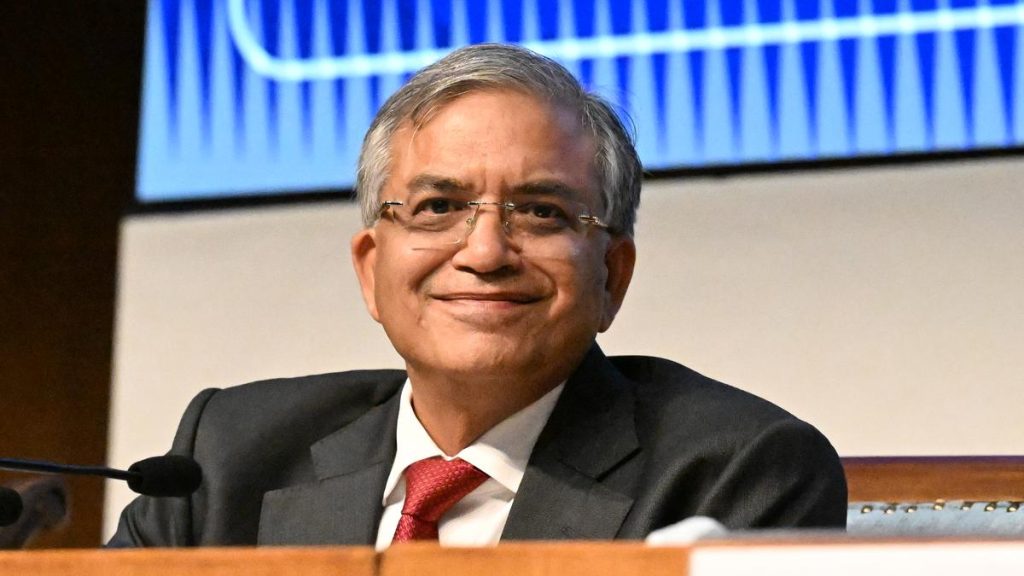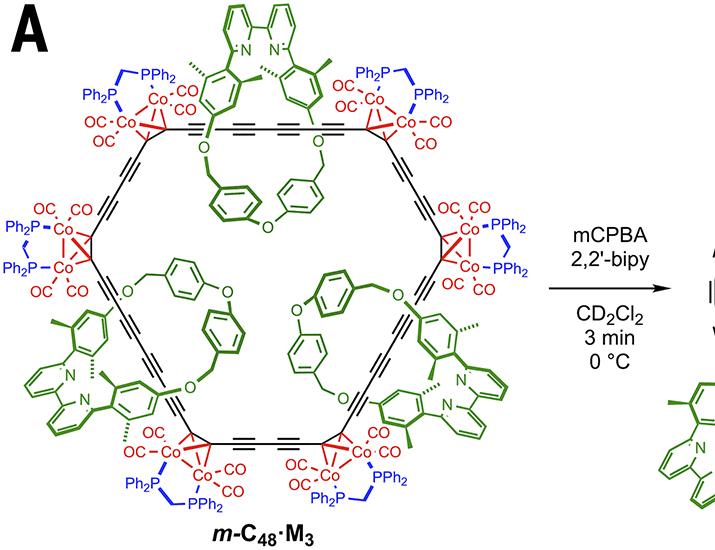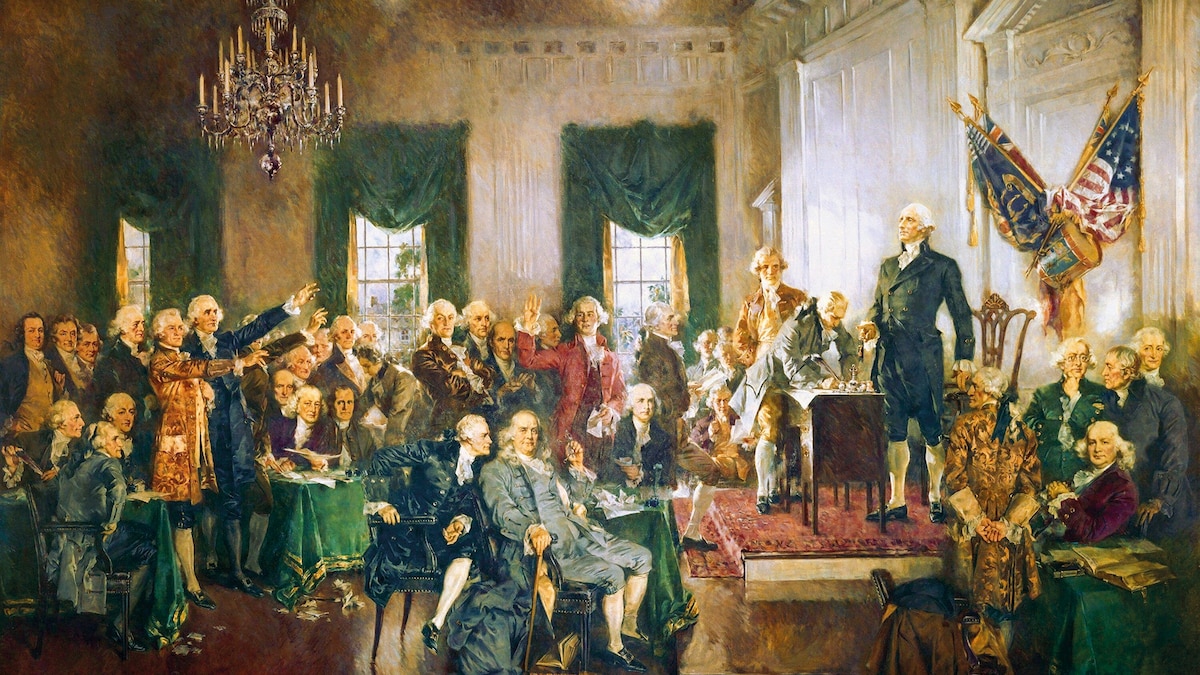Now Reading: Rise in Eating Disorders Among Older Women Linked to Menopause
-
01
Rise in Eating Disorders Among Older Women Linked to Menopause
Rise in Eating Disorders Among Older Women Linked to Menopause
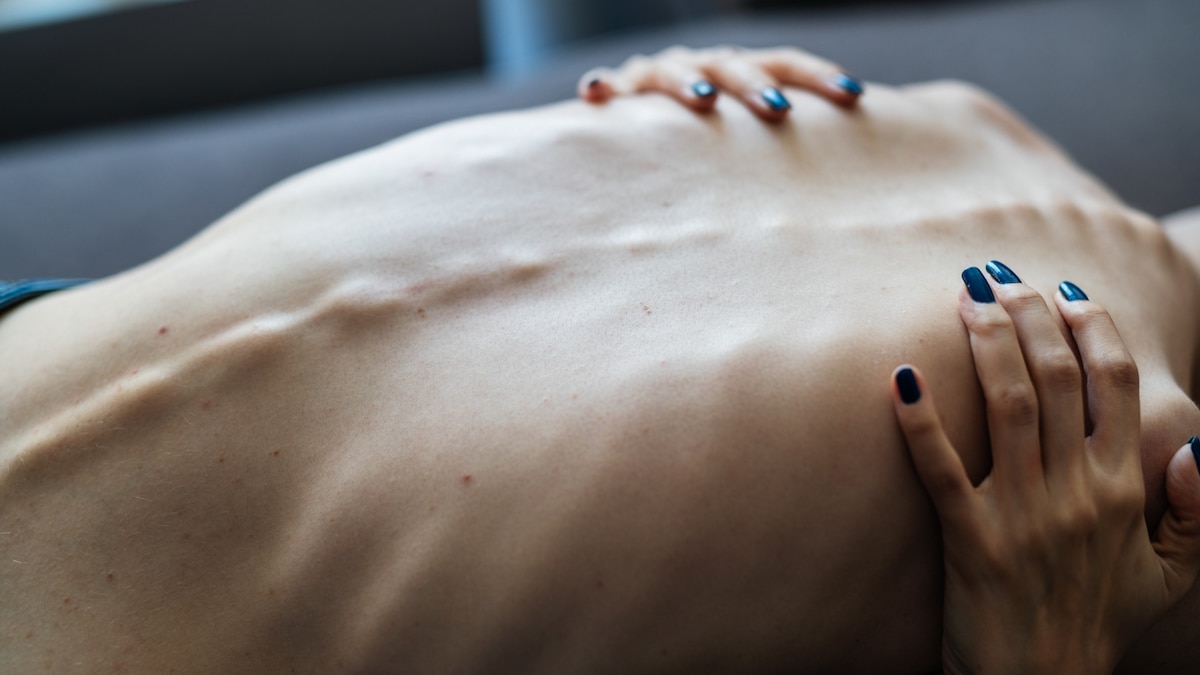
Speedy Summary
- eating disorders are increasingly reported among women aged 40 to 70, frequently enough misdiagnosed or overlooked due to stereotypes that associate these disorders with younger individuals.
- Estimates suggest that 2-7% of women over 40 meet formal diagnostic criteria for eating disorders, while up to 30% may show symptoms of disordered eating.
- Binge eating is the most prevalent disorder in midlife, followed by bulimia nervosa and purging behaviors such as laxative misuse. Orthorexia (obsessive clean eating) is also observed.
- Hormonal changes during perimenopause and menopause cause mood shifts, body composition changes like increased abdominal fat, and muscle loss-all risk factors for disordered eating behaviors.
- Social pressures, including unrealistic beauty standards amplified on platforms like #skinnytok, contribute significantly to weight dissatisfaction in midlife women (73% report dissatisfaction).
- Women with a history of disordered eating in adolescence or early adulthood are at higher risk of relapsing during menopause. Anxiety and depression can exacerbate symptoms.
- recognizing early signs-like compulsive dieting practices-is vital for effective treatment as recovery chances are highest within six months after onset.
Indian Opinion Analysis
The steady rise in eating disorders among India’s aging female population presents a nuanced challenge requiring greater awareness and targeted healthcare approaches. Cultural stigma surrounding body image coupled with limited public discourse on perimenopausal issues may amplify health risks similar to global patterns described above.
Middle-aged Indian women face unique challenges: roles as caregivers tend to overlap with shifts driven by urbanization and economic pressures leading them potentially toward uncontrolled dietary habits seen globally. Recognizing hormonal transitions linked not just biologically but emotionally is imperative-and this insight should inform public health campaigns around women’s wellness across age groups.
The article’s warning about societal beauty expectations reflects universal concerns relevant in India too-where social media can magnify unhelpful ideals risking generational discontentment towards their mortal health trajectories.# prioritising correct diagnosis everywhere seems imminent priority .


